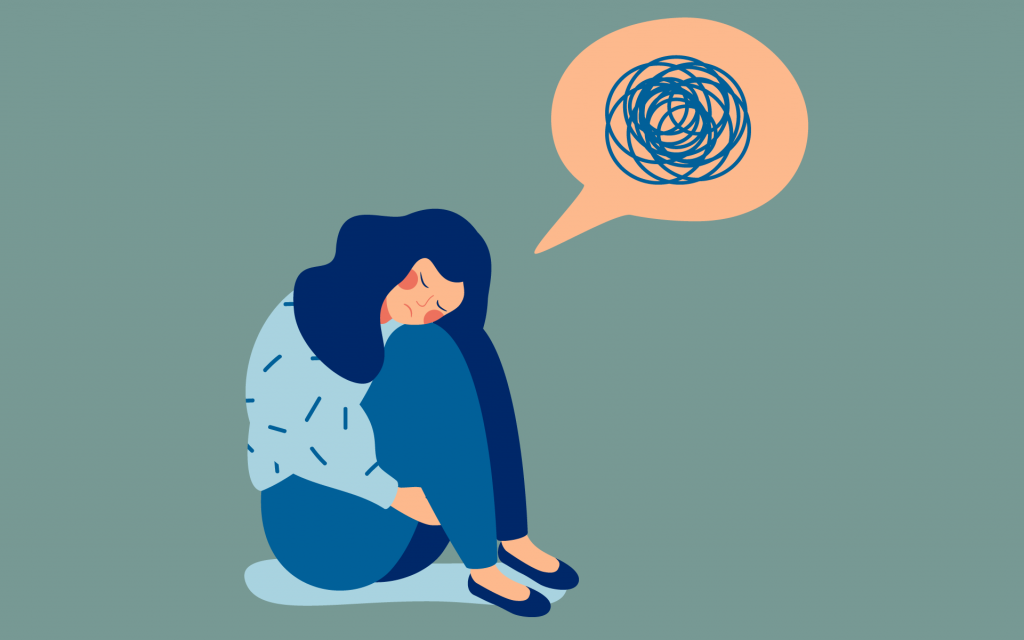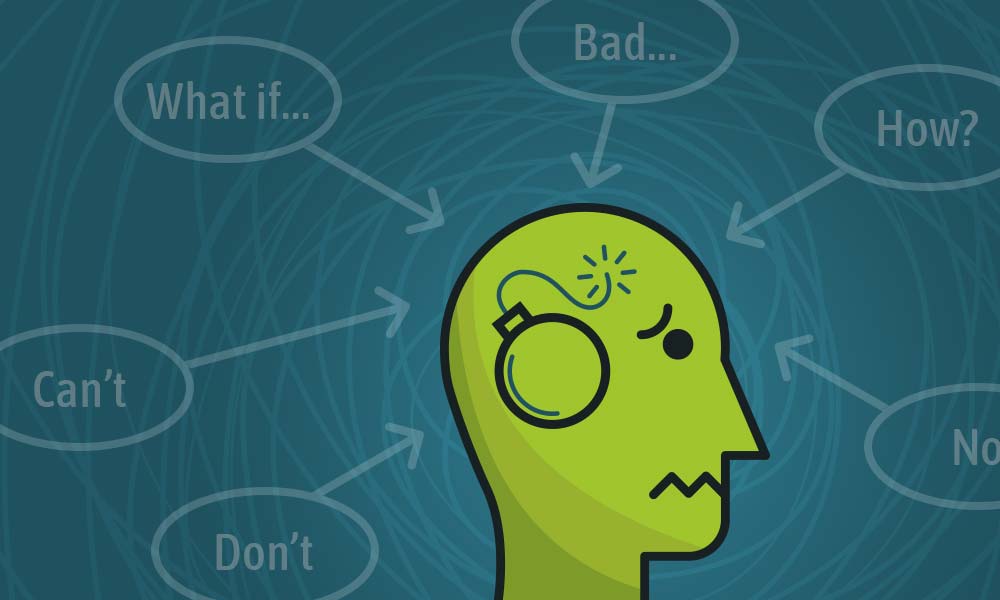Anxiety is a feeling of worry, nervousness, or unease about something with an uncertain outcome or a strong desire/concern to do something or for something to happen. Here is What is Anxiety, how to deal with Anxiety, Symptoms.
A mental health disorder characterized by feelings of worry, anxiety, or fear that are strong enough to interfere with one’s daily activities. Examples of anxiety disorders include panic attacks, obsessive-compulsive disorder, and post-traumatic stress disorder.
Symptoms include stress that’s out of proportion to the impact of the event, inability to set aside worry, and restlessness. Treatment includes counseling or medication, including antidepressants.

What causes anxiety?
A big event or a buildup slowly of smaller stressful life situations may trigger an excessive amount of anxiety and pain — for example, a death in the family, work stress, or ongoing worry about finances. Personality. People with certain personality types are more prone to anxiety disorders than others are. It is one of the mental health disorders.
Symptoms of Anxiety
Usually self-diagnosable
Symptoms include stress that’s out of proportion to the impact of the event, inability to set aside worry, and restlessness.
People may experience:
Behavioral: hypervigilance, irritability, or restlessness
Cognitive: lack of concentration, racing thoughts, or unwanted thoughts
Whole-body: fatigue or sweating
Also common: anxiety, excessive worry, fear, feeling of impending doom, insomnia, nausea, palpitations, or trembling
Top 6 ways to deal with Anxiety
Try these when you’re feeling anxious or stressed:
- Go out, take a walk
Go out for a drive or maybe take a walk or something, it will definitely remove or reduce the magnitude of the anxiety.
- Eat well-balanced Food
It all goes down to the kind of food you eat, eat nutritious food, you can have the food you like sometimes to freshen your mood up but later you can switch to more nutritious food.
- Limit alcohol and caffeine, which can aggravate anxiety and trigger panic attacks.
Alcohol and Caffeine ten to worsen anxiety and trigger more panic attacks which are again more harmful to your health, alcohol might temporarily remove stress but it does have a negative effect later on.
- Get enough sleep
It also goes down to the amount and quality of sleep you are getting because, in the end, your body needs a full state of rest so that everything can continue to perform in the right rhythms.
- Exercise daily to help you feel good and maintain your health
Exercise is the key to stay fit, healthy physically as well as mentally because not only it helps in better blood flow and other physical benefits, but also, stress is removed when you spend some extra energy as per studies suggest.
- Take deep breaths
Whenever you think you are facing a panic attack or a stressful situation take a few deep breaths and calm your mind, feel your body from the inside, don’t think anything, you will definitely feel good. All you have to do is stop overthinking.
- Contact an expert if you are still not able to solve it yourself
If all of the above mention things do not seem to have any impact on you then you must contact a healthcare expert who will give you guidance and medicines.
Thanks for reading What is Anxiety, how to deal with Anxiety, Symptoms. Also, read about Top Ways on How to Manage Stress, Prevent it, Get Relief.




